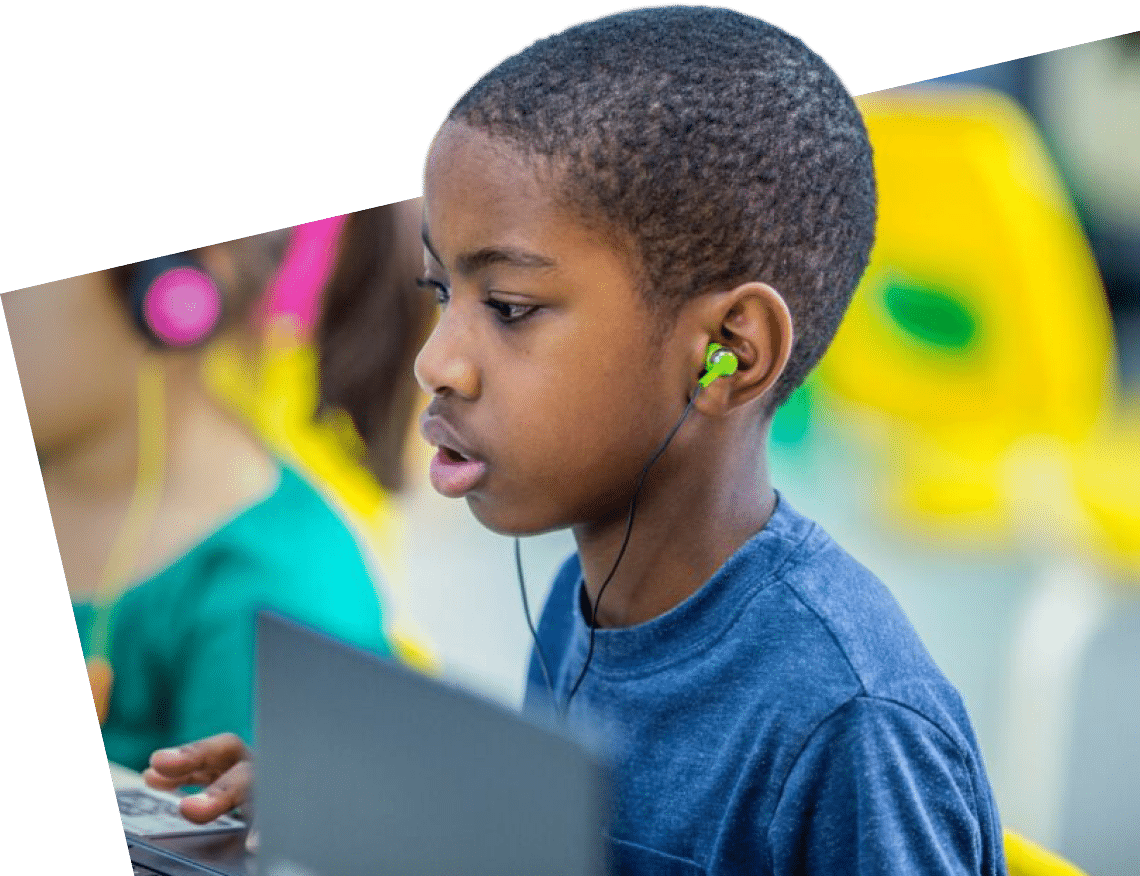7 November 2025
‘The Power of Good’ – how parents and carers can support their children

Written by Natalie Hollins,
Parent Support Associate
As we approach Anti‑Bullying Week 2025 (10th-14th November), run by the Anti‑Bullying Alliance (ABA), with the theme “Power for Good”, it’s a perfect time for parents and carers to reflect on how we can actively support our children to prevent bullying and help build kinder, safer environments.
Here are some ideas, rooted in compassion and practical steps, to empower you as parents and carers.

Understand the theme: “Power for Good”
The phrase doesn’t just sound positive; it has real meaning. ABA chose this theme following consultations with teachers and pupils, who said they wanted something that empowered children to take positive action against bullying. As a parent or carer, you don’t just observe – you model. Your actions, words and attitudes help shape the environment in which your child lives, learns and interacts. Think of this as your child’s “good power”: the influence you have to nurture respect, kindness and confidence.
Create a home environment where they feel safe to talk
One of the most important things you can do is make sure your child knows they can come to you without fear or judgment.
- Make time for regular check-ins: “How was your online learning today?” is a simple start.
- Listen actively: When they speak, pause, put away distractions, and show you’re engaged.
- Validate feelings: “That sounds tough” or “I’m glad you told me” go a long way.
- Avoid over-reacting: If your first response is panic, your child might hold things in next time. Calmly explore together what’s going on.
When children feel supported at home, they’re more likely to open up about issues like bullying whether it’s happening to them, or they’ve seen it. This gives you a chance to act early.
Talk about what bullying is (and isn’t)
It might seem obvious, but children often have different ideas of what counts as bullying. The ABA site defines bullying not just as a single incident but repeated, intentional hurtful behaviour, where there’s a power imbalance.
You can help your child by:
- Exploring examples at school, online, and in unstructured play.
- Discussing the difference between hurt feelings, conflict, and bullying.
- Emphasising that bullying can be physical, verbal, social/relational, or online.
This clarity helps your child recognise it whether they’re the target, the bystander, or even the one acting out. If they can recognise it, they’re better positioned to seek help or intervene safely.
Encourage the good – model what “power for good” looks like
Children don’t just learn from what we say, they learn from what we do. Your everyday actions matter.
Here are some ways you can model “power for good”:
- Use kind language at home. If someone is upset, model empathy.
- Acknowledge differences and diversity. Show your child that uniqueness is something to celebrate (which ties in very well with the theme of the week).
- Speak up if you witness unkind behaviour (in a safe way). Whether it’s online comments, online gossip, or exclusion: you can say “That doesn’t feel ok” or “How can we make sure everyone is included?”
- Celebrate positive behaviour. When you see your child being kind or standing up for someone else, however small the act – praise it.
By doing these, you show your child that “power” doesn’t mean control or dominance: it means using our strengths for good, to build up rather than put down.
Equip them with practical skills
It’s all very well to talk about kindness and empowerment but children also need tools.
Here are some to consider:
- Bystander support: If your child sees someone being bullied, what can they do safely? Even something small – walk away with the person, tell a trusted adult, say “Stop, that’s not cool” (if safe).
- Online behaviour: As children use more digital platforms, remind them of the same principles online as face-to-face. Check privacy settings, remind them of who they interact with, and what to do if they feel unsafe or upset.
- Resilience-building: Encourage your child to make strong friendships, develop interests, and know who they can turn to. A sense of belonging and purpose helps buffer the impact of bullying.
- Role-play conversations: Sometimes pretend-play helps. “What would you do if…” scenarios, e.g., someone at lunch is excluded, or someone receives a hurtful message online. It boosts confidence when the real moment arrives.
Partner with the community
Bullying prevention doesn’t happen just at home. It happens across schools, playgrounds, online spaces, and the wider community.
At Tute, we take a proactive approach to preventing and responding to bullying. Our lessons, tutor groups, and mentoring sessions are designed to create a safe, respectful environment where every student can thrive.
If concerns about bullying arise, we take them seriously and act quickly, working in partnership with parents, carers, partners and schools to provide the right support and ensure that students feel heard and protected.
You can find clear guidance on recognising and responding to bullying on our Parent Hub, including steps to take if you’re worried about your child.
We also recommend the Anti-Bullying Alliance for trusted information, resources, and national campaigns such as Anti-Bullying Week. By working together – at home, in learning, and across our wider community we send a strong and consistent message: kindness, respect, and standing up for what’s right matter everywhere.
If bullying is happening – steps to take
If your child tells you they’re being bullied (or they’ve seen it), here are supportive steps:
- Believe them and listen – Let them tell their story. Ask open questions like “What happened?” “How did you feel?”
- Reassure them – It’s not their fault. Nobody deserves to be bullied.
- Work together – Encourage them: “What do you think would help?” Offer options and support.
- Inform the school or learning provider – It’s usually best to speak to the Student or Parent Support Associate. Provide clear information: what’s happening, how often, who is involved.
- Support recovery – Bullying leaves emotional impact. Help your child access support if needed (counsellor, mentor, trusted adult). Encourage time with friends, activities they enjoy, rebuilding confidence.
- Monitor the situation – Ask regular check-ins: “How’s things this week?” “Has anything changed?” Adjust approach as needed.
The ABA site offers additional advice and support tools for such situations. anti-bullyingalliance.org.uk
Why your role matters
As a parent or carer, you are among the most influential people in your child’s life. The way you approach relationships, kindness, standing up for others, handling conflict, even how you treat yourself – all of these shape the values your child absorbs. That includes home. Your voice matters. Your actions matter. Your encouragement matters.
“Lasting change needs all of us. From playgrounds to parliament, our homes to our phones – we all have a part to play.” anti-bullyingalliance.org.uk
Use Anti-Bullying Week to spark positive discussion and action
By aligning with the national campaign, you help the message go beyond online learning and into your home which strengthens it for your child.
Final thoughts
- Let your home be a safe launch-pad: emotional safety and open communication.
- Talk about bullying: definitions, examples, what to do.
- Model kindness and the “use your power for good” mindset.
- Equip your child with real-world skills.
- Partner with school and the wider community.
- Respond proactively if bullying is happening.
- Use Anti-Bullying Week as a catalyst for discussion and action.
Together, with homes, communities and children aligned, we move a little closer to a world where bullying is no longer tolerated and kindness, respect and inclusion win. Thank you for being part of your child’s support system and for helping them use their power for good.
